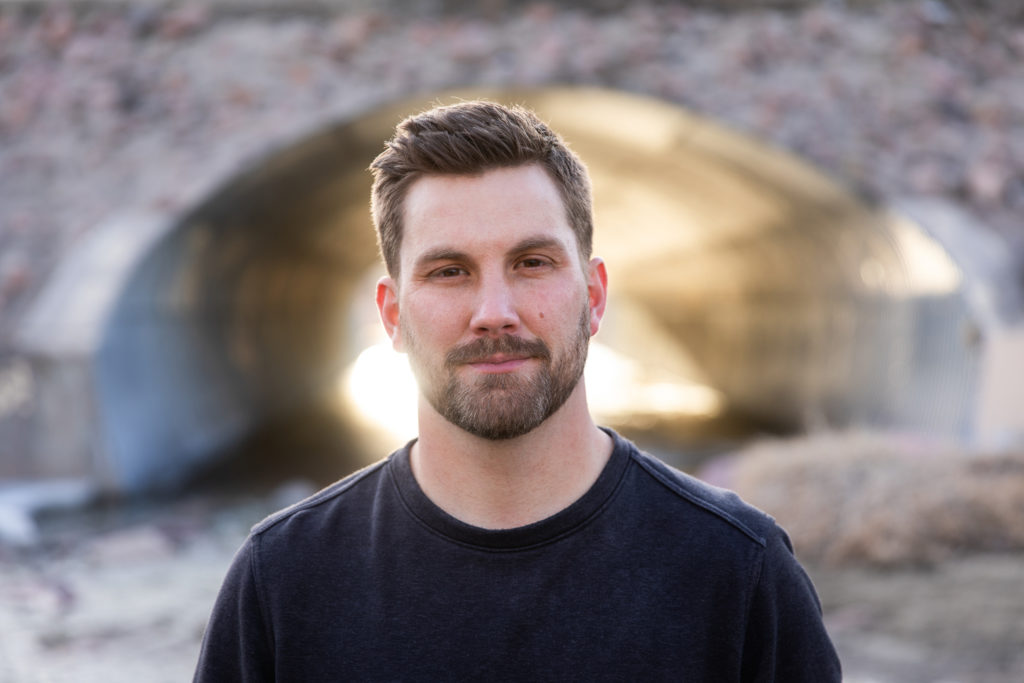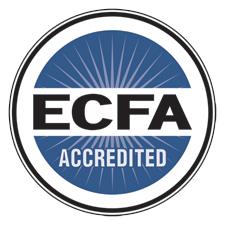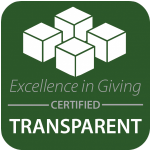In December of 2010, I had to evacuate a large city in the middle of riot. As we drove toward a border country, we evaded bullets, machetes, barricades of flaming tires, and burning trash. Our car got trapped in the middle of a rusted metal bridge with mobs of people coming from behind and in front of us. The crowds were too big to drive through. Bottom line — people were angry and we were in danger.
I called my wife to update her on the situation and then tried to calm the other passengers in the car. I prayed for a miracle.
All of the sudden, as the mob swarmed our vehicle, a voice shouted in the local language, “Stop! I know these people!” A familiar face pressed against the glass of the driver side window. It was the brother of a local staff member who had also become a very good friend. He jumped on top of our Landcruiser and parted the mob in front of us and led us to a safe spot to rest for the night.
I learned many important lessons that night, but three in particular have guided my work internationally and ultimately led me to a career with Children’s HopeChest.
Lesson 1: Build authentic relationships.
If I hadn’t had a real friendship with that local staff member, the story of that day could have turned out very differently.
Affinity, association, bearing, connection, kinship, linkage are all synonyms for relationship. Relationship binds and connects people—but it takes work! It’s a two-way street filled with listening, learning, trusting and loving. Without relationship the work crumbles.
Children’s HopeChest’s mission thrives only in relationship with others. This organization is committed to building genuine friendships within our teams and with partners, donors and, most importantly, the children we serve. This ministry connects people and communities all around the world because we know that in order for it to be successful, the work must be done together.
Lesson 2: Do no harm.
The riot that took place that night was actually caused by well-intentioned humanitarian aid efforts. A different group had established a long-term relief camp that provided basic necessities to people that had lost everything in a devastating earthquake. Unfortunately, this camp had built their staff’s latrines next to a river that was a primary water source for multiple villages, as well as large portion of the capital city. Eventually seepage occurred and a deadly strain of cholera spread down the river. The disease reached epidemic levels, sickening nearly 800,000 people and killing nearly 9,000. People living in that area were afraid and mad, which is what incited the rioting.
I’ve seen many projects that were initiated with the best intentions but ultimately hurt the people we were trying to help. If not planned with a “do no harm” mentality, projects and programs can stiffen local ingenuity, create dependency, and even damage both small markets and large-scale economies.
This is another key value that drew me to HopeChest. They go above and beyond to include local staff, partners, and beneficiaries in plans and decisions that impact them and their wider communities. We don’t opt for the quickest or cheapest solution. We bring the right people together to develop the right solution.
Lesson 3: God will come through.
Isaiah 41:10 says, “So do not fear for I am with you; do not be dismayed, for I am your God. I will strengthen you and help you; I will uphold you with my righteous right hand.”
I’ve always loved that verse, but never fully understood its truth until that night. He showed himself to me and that group through my friend’s brother. His presence there wasn’t by chance. It was by God’s plan.
HopeChest believes that God fulfills his promise and will provide. We love the children we serve—but we know God loves them even more! It is not by us, but through us he is doing miraculous things in the lives of children across the globe. The world can be tough and unpredictable. But we know if we stay in God’s will, He will work and remove obstacles we never thought possible.
_____________________________________________________________________________________
This is my story. I want to know how your story is leading you to team up against poverty.






